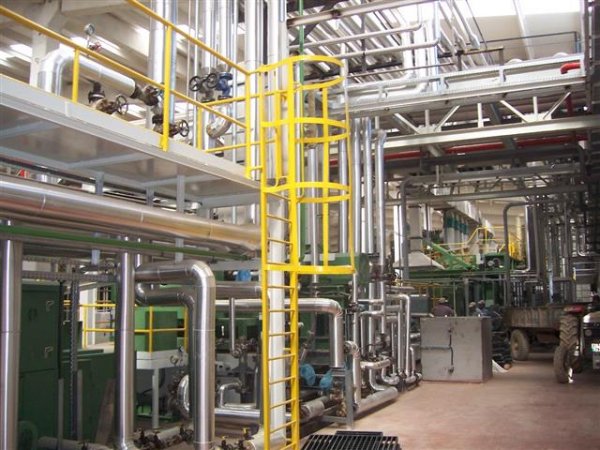Industrial mechanical assembly covers the process of installing, integrating and commissioning machines, equipment and systems used in manufacturing plants, factories and large-scale industrial projects. This process ensures that mechanical systems are assembled, tested and commissioned safely and efficiently.
Industrial mechanical assembly requires the precise assembly and assembly of a variety of equipment. This equipment includes different mechanical components such as pumping systems, motors, compressors, hydraulic and pneumatic systems, handling systems, conveyor belts, production machinery, etc.
Mechanical Assembly Process
The industrial mechanical assembly process proceeds step by step, aiming to ensure that the plant or system operates at full capacity and safely.

Considerations During Assembly
In industrial mechanical assembly processes, some key factors to consider include:
The Importance of Industrial Mechanical Assembly
Industrial mechanical assembly plays a crucial role in the smooth completion of large-scale projects. A proper and professional assembly process enhances production efficiency and ensures that equipment operates longer without failures. It is also critical for workplace safety, as assembly errors can lead to serious accidents and production interruptions.
In conclusion, industrial mechanical assembly is a process that directly impacts the success of projects and requires expertise. Both mechanical and technical knowledge, workplace safety, quality standards, and experience are essential components of a successful assembly process.

Choose the best solution for your scaffolding and take your projects to the next level with our professional support!
